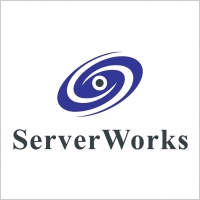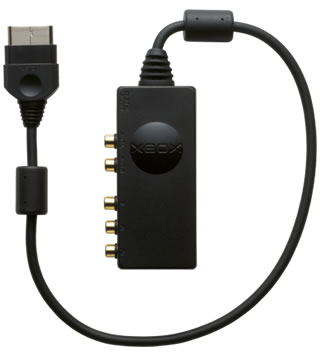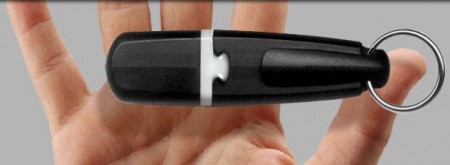Lets take a look at CPU choices in the SME server environment. My big reason for getting into server systems was to have two processors in the same system. Today a server can be efficiently handled with one CPU socket and a dual or quad core processor.
Backtracking just a little, Intel and AMD create unique server class processors for motherboards with two or more CPU sockets: Intel Xeon 5000 series and AMD Opteron 2000 series. These may share common architecture with desktop chips but they will only fit in server class motherboards.
At some point both companies saw an opportunity to repackage desktop CPU parts into a single socket server CPU class: currently the Intel Xeon 3000 series and AMD Opteron 1000 series. Both these chips will fit in normal desktop motherboards, and more expensive server class motherboards (which we’ll examine in our next part of this series).
I had an AMD dual socket motherboard using two AMD Athlon MP processors: these were Athlon XP processors that would work in a dual socket motherboard. After the intial release sites were showing how to modify your Athlon XP processors to work on these motherboards. I still have an IBM dual Pentium 133 MHz server hanging around, my earliest example of desktop chips in a server. After that I had an Abit BP6 motherboard with two Celeron 366 MHz processors later upgraded to 533MHz. This time both motherboard and processors were designed for the desktop.
Surely these processors have something that makes them a “server” class processor? I examined Intel’s documents on the Core 2 Quad Q6600 processor and the Xeon 3220 processor. Both have a 1066 MHz front side bus and four cores operating at 2.4 GHz. Examining both side by side I can’t find a single differentiating feature: they appear to be the same processor. The Xeon is about $4 more than the Core 2 Quad, but that’s all I found. Custom PC recently stated the Xeon’s prefetches are designed for server applications while the Core 2 prefetches are designed for desktop applications and games.
Looking at Dell and HP, their basic servers use Pentium 4 processors but offer Xeon 3000 series as upgrades utilizing all the same components.
Based on overall findings I’d say get the processor that’s supported by your chosen motherboard, and if it’s both go with what’s cheaper.




